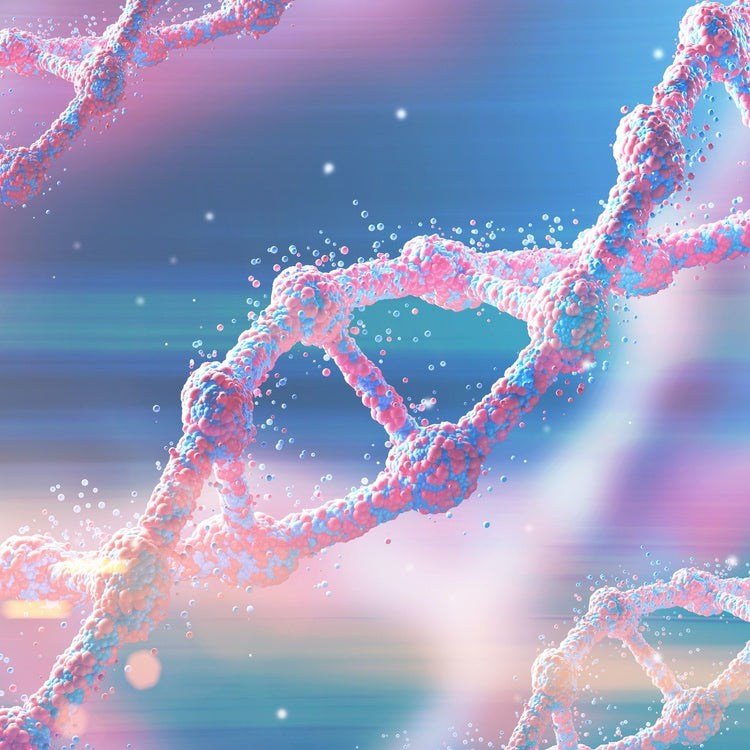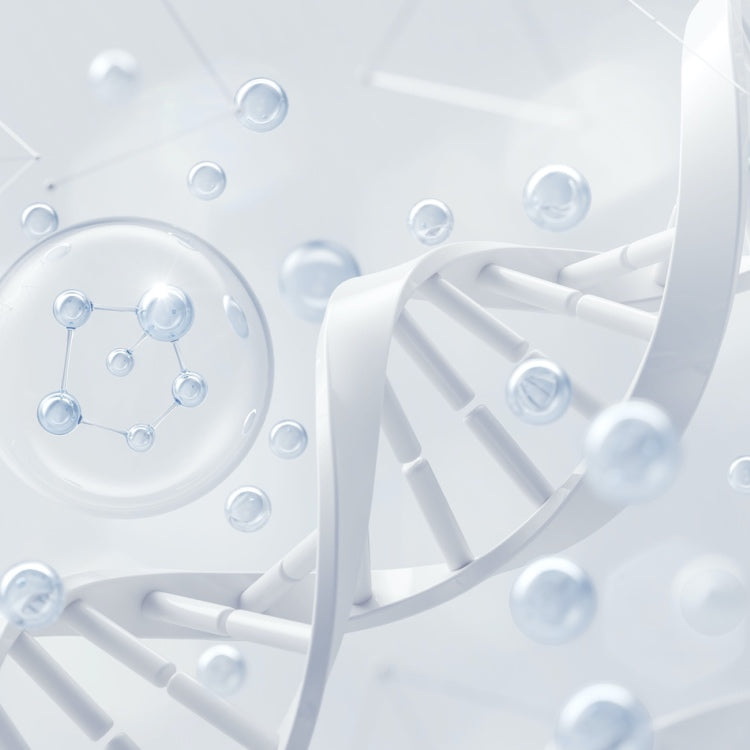video created by Metagenics Institute
Endocannabinoid system
The human body is an intricate network of systems and functions, and one of its most fascinating and relatively recently discovered systems is the Endocannabinoid System (ECS). Despite its relatively recent discovery, the ECS plays a pivotal role in maintaining balance and homeostasis within our bodies. In this article, we will delve into the depths of the Endocannabinoid System, exploring its functions, components, and how it impacts our overall well-being.

A complex cell-signalling system
Understanding the Endocannabinoid System (ECS)
The Endocannabinoid System, or ECS for short, is a complex cell-signalling system found throughout the body. It consists of three primary components: endocannabinoids, receptors, and enzymes. These components work together to regulate various physiological processes and maintain stability in our internal environment.
Endocannabinoids
Endocannabinoids are naturally occurring compounds within our bodies. Two of the most well-known endocannabinoids are anandamide and 2-arachidonoylglycerol (2-AG). These compounds are produced on-demand in response to changes in our body's internal environment.

Main ECS pillars
Receptors
The ECS relies on two main types of receptors: CB1 (found predominantly in the central nervous system) and CB2 (found primarily in the peripheral nervous system, immune cells, and other tissues). These receptors are like locks that endocannabinoids can fit into, triggering various physiological responses.
Enzymes
Enzymes play a crucial role in the ECS by breaking down endocannabinoids once they have fulfilled their function. The two primary enzymes involved are fatty acid amide hydrolase (FAAH), responsible for breaking down anandamide, and monoacylglycerol lipase (MAGL), which breaks down 2-AG.
Functions of the ECS
The Endocannabinoid System is involved in regulating a wide range of bodily functions, including but not limited to:

The Influencers
Mood and Emotions:
The ECS influences mood, stress responses, and emotional well-being. Activating CB1 receptors can have an impact on anxiety and depression.
Pain Perception:
The ECS plays a role in modulating pain perception and sensitivity. CB1 and CB2 receptors are found in different parts of the nervous system involved in pain signaling.
Inflammation:
ECS activation can have anti-inflammatory effects, making it a potential target for managing inflammatory conditions.
Appetite and Metabolism:
The ECS can influence appetite and metabolism by regulating hunger and energy expenditure.
Immune Function: CB2 receptors found in immune cells suggest that the ECS plays a role in regulating immune responses.

Human Biology
External Cannabinoids and the ECS:
In addition to endocannabinoids produced by our bodies, external cannabinoids derived from the cannabis plant, such as THC (tetrahydrocannabinol) and CBD (cannabidiol), can interact with the ECS. THC binds directly to CB1 and CB2 receptors, leading to the psychoactive effects commonly associated with marijuana. In contrast, CBD interacts indirectly with the ECS and is known for its potential therapeutic properties without causing a "high."
The Endocannabinoid System is a marvel of human biology, involved in maintaining balance and regulating a wide range of bodily functions. Its discovery has opened new avenues for understanding and treating various medical conditions. Researchers continue to explore the potential therapeutic applications of cannabinoids and ECS modulation.

Research & Progress
While we are only beginning to scratch the surface of our understanding of the ECS, it holds promise for the development of innovative treatments and therapies. As research in this field progresses, we can anticipate more insights into how the ECS impacts our health and well-being. As with any complex biological system, it's essential to approach the ECS with respect and caution,
especially when considering the use of external cannabinoids for therapeutic purposes. Always consult with healthcare professionals for guidance and personalized advice.

Full -Spectrum CBD, broad-spectrum CBD and CBD Isolate
When processing hemp, we can retain other hemp compounds (terpenes, flavonoids, oils, fats) as well as other compounds alongside CBD. These work in combination together creating what is known as the ‘entourage effect.’ Full-spectrum CBD contains the whole plant. While this means it is rich in all the cannabinoids, terpenes, flavonoids, and fatty acids, it may also have trace amounts of THC.
Broad-Spectrum CBD is a mix of full spectrum CBD and CBD isolate. It contains all other compounds found within the hemp plant, excluding THC. This magnifies the therapeutic effects, providing all the entourage benefits associated with full spectrum CBD without any THC being introduced into the body. Our CBD oils are broad spectrum, allowing you to reap the full benefits. CBD Isolate is 99.9% CBD and considered the purest form of CBD. During the CBD isolate extraction process, everything contained in the plant matter is removed, including any traces of THC, terpenes, flavonoids, oils and other cannabinoids.

How the ECS Works on the Skin
Regulation of Oil Production
One of the key roles of the ECS in skincare is its ability to regulate oil production in the skin. When the ECS is functioning optimally, it helps control sebum production, which can be particularly beneficial for individuals with oily or acne-prone skin. This regulation can lead to a clearer complexion and fewer breakouts.
Anti-Inflammatory Effects
Cannabinoids, both those produced by the body (endocannabinoids) and those from external sources (phytocannabinoids), have been found to have anti-inflammatory properties. This can be especially beneficial for those with sensitive or inflamed skin conditions, such as eczema or psoriasis. By reducing inflammation, the ECS can help soothe irritated skin and promote a more even skin tone.

Skin Function and ECS
Skin Barrier Support
The ECS plays a role in supporting the skin's natural barrier function. A healthy skin barrier is essential for retaining moisture, preventing water loss, and protecting against environmental stressors. When the ECS is in balance, it can contribute to a stronger and more resilient skin barrier.
Pain Management
In addition to its effects on skin health, the ECS may also help manage skin-related discomfort or pain. Cannabinoids like CBD (cannabidiol) have been studied for their potential analgesic properties and can be incorporated into skincare products to alleviate skin discomfort.

CBD infused skincare and benefits
Incorporating Cannabinoids in Skincare
To harness the benefits of the ECS for your skin, many skincare companies are now formulating products infused with cannabinoids like CBD. These products, such as CBD-infused creams, serums, and balms, offer a holistic approach to skincare, promoting balance and well-being both inside and out.
The Endocannabinoid System is a fascinating and intricate network within our bodies, and its influence on skin health is becoming increasingly recognized. By understanding how the ECS works and how it affects the skin, you can make informed choices when it comes to your skincare routine. Whether you're looking to manage skin conditions, reduce inflammation, or simply achieve a glowing complexion, the ECS may hold the key to unlocking the full potential of your skin's natural beauty.













